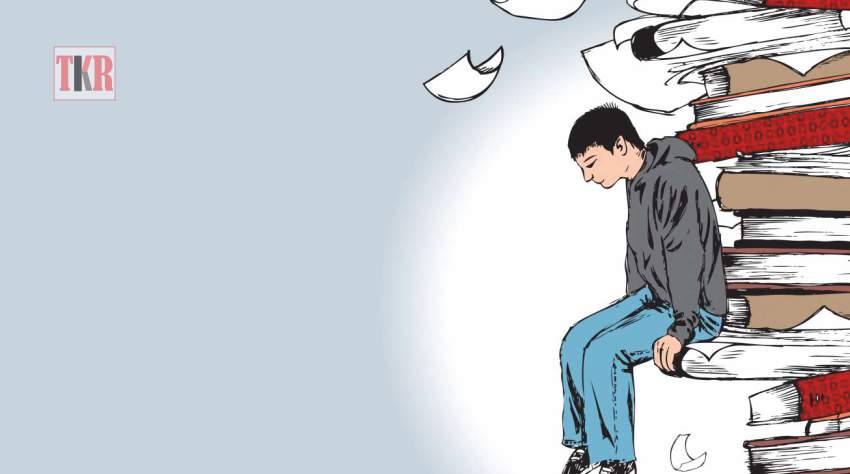Interview with Nadav Shofet (Jewish) and Angela Mattar (Palestinian) from the Standing Together movement
By Naia Gerigk Lopez and Louis Baud
You have mentioned choosing the colour purple for your movement partly because it is connected to the global feminist movement. How do you connect your fight for justice with the struggle for gender equality?
Nadav Shofet : All these major forms of oppression are ultimately interconnected. It is no coincidence that many of our leadership members are women and members of the LGBTQ community. We stand by feminist principles such as equality and intersectionality, and additionally, we fight for women-focused issues, such as the battle against gender-based violence.
Angela Mattar : As a Palestinian woman, activism feels like walking on a tightrope most of the time; struggling for our political rights, while simultaneously challenging the barriers placed on us by our own society. Justice and liberation cannot be partial, and our freedom cannot be separated from the freedom of Palestinian or Israeli women alike.
You fight for a number of causes within one movement, such as political change, social change, equality and justice. How do you juggle all these causes simultaneously?
Nadav Shofet : Indeed, we fight for various causes within our movement, because we believe that these struggles are tied together. On the one hand this presents a challenge, as it is hard to focus on multiple things at once, however on the other hand it is a source of strength. Connecting struggles and approaching a broad field allows us to create more opportunities for participation – people in our movement can take action around causes that are important to them personally. In fact this aids the growth of our movement and enables us to do more. Furthermore it empowers us to be relevant at any given political moment – no matter which societal crisis is currently in focus for the public, we have the ability to act and gain support. That being said, we tend to centre ourselves on one or two major campaigns at a time. For example, since October 7th, fighting for a complete ceasefire and hostage release deal, and Israeli-Palestinian peace, has been our main demand.
Angela Mattar : Political struggles cannot be separated from social ones – as a Palestinian citizen in Israel, I face discrimination —it is something I feel when I walk into a room, when I apply for opportunities, when I speak my own language in certain spaces… It shapes my reality in ways I cannot ignore. That’s why when we fight for justice, we’re fighting for the right to fully exist, to have a voice, to belong, whether it’s in decision-making, in the economy, or in the streets. It’s all connected.
How exactly do you fight for influence and respect in the public sphere?
We strive to be a “people’s movement” by uplifting the voices of regular people and citizens, which grants us public legitimacy. We are unapologetic about our values and do so by speaking to and about people’s common self-interest. Tools we use to gain public support include community organizing, mass mobilization with protests and rallies, social media, public space campaigns, media and more.
How do you peacefully challenge extremist voices while promoting partnership and hope?
Nadav Shofet : We act with the knowledge that we are the majority and the extremists are in the minority. We aim not just to reject the extremists voices, but to understand what pains and insecurities they prey on, and to offer a viable alternative that is aligned with our values of partnership and peace. Not only do we fight against the extremists, but we are also building the alternative Jewish-Palestinian community that we would like to see in the world, through our “Purple Houses” community centers across the country.
Angela Mattar : Extremists on both sides use fear to divide us, because fear is powerful; I know that because I have felt it. The only way forward is not through more fear — it’s through a vision that gives people something to believe in. We use the fear as fuel and channel it into action, that not only fights extremism but also builds a future where Jews and Palestinians don’t have to see each other as enemies.



